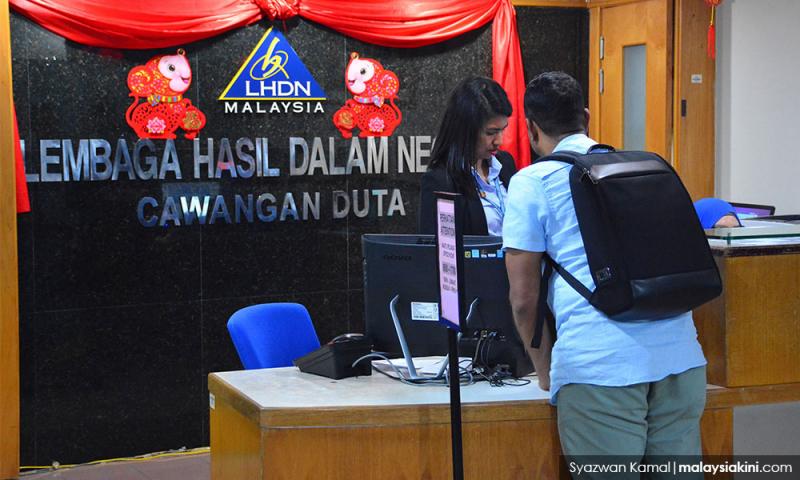IRB urged to fully implement ReFAL policy
The Inland Revenue Board (IRB) has been urged to adopt the Refund First Audit Later (ReFAL) concept, which is the process of allowing income tax to be paid first and audited later for tax refund administration.
According to the Auditor General's Report (LKAN) 2019 Series 1 tabled in Parliament today, the implementation of ReFAL allows tax refunds to be made within a stipulated period to avoid compensation payments on delays
as provided under Section 111D of the Income Tax Act (Act 53).
The audit also recommended that the IRB ensured that the allocation channelled by the government was fully utilised for tax refunds for the year of assessment 2017 (YA 2017) and the previous years.
"The audit review found that the tax repayment commitment as at Dec 31, 2019, amounted to RM10.851 billion involving 1.26 million taxpayers.
"Of that amount, RM3.807 billion (35.1 percent) was tax refund arrears for YA 2017 and prior years, while RM7.044 billion (64.9 percent) was for YA 2018 and YA 2019," according to the report.
This was because the IRB did not fully implement the ReFAL policy, it added.
"The late tax repayment commitment had caused the IRB to bear the arrears in compensation for the delay in income tax repayment (Section 111D of the Income Tax Act (Act 53) amounting to RM38.29 million (as of 2019) for 135,960 cases from YA 2013 to 2019.
"The amount of compensation will continue to increase as long as the tax refunds are not settled within the stipulated period," the report added.
Tax refunds through the Tax Repayment Fund (TBBC), established since 2005, consist of tax surplus under the Income Tax Act 1967 (Act 53), Petroleum (Income Tax) Act 1967, Real Property Gains Tax Act 1976, and Stamp Act 1949.
- Bernama
RM12.50 / month
- Unlimited access to award-winning journalism
- Comment and share your opinions on all our articles
- Gift interesting stories to your friends
- Tax deductable

 Bernama
Bernama